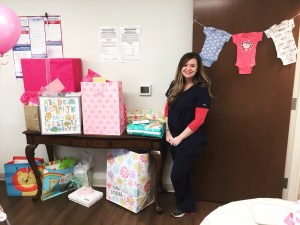My name is Stephen Pasquini, I have been a PA since 2004 and graduated from the UMDNJ (Rutgers) PA program. I have been married for 17 years, have been a PA for 14 and I have two children; ages 8 and 10. They are the loves of my life. I am a National Health Service Corps Scholarship recipient and worked for ten years with the NHSC at a rural community health center in Central California treating immigrant farmworkers and their families. For the past two and a half years I have been part of an integrative pain management practice using innovative techniques to treat pain at its source while reducing reliance on opioid pain medications. I am in the process of transitioning back into primary care as part of the Santa Cruz County Homeless Health Services Project and Youth Detention Facility. In my free time, I am also the owner, content creator, and editor of thepalife.com, paschoolfinder.com, and smartypance.com – a series of websites dedicated to future PAs, PA students and practicing PA with a passion for the PA profession! We help future PAs find their voice through personal statement and current PAs, and PA students pass their PANCE/PANRE and end of ration exams through high-yield board review and the Audio PANCE and PANRE Board Review Podcast.
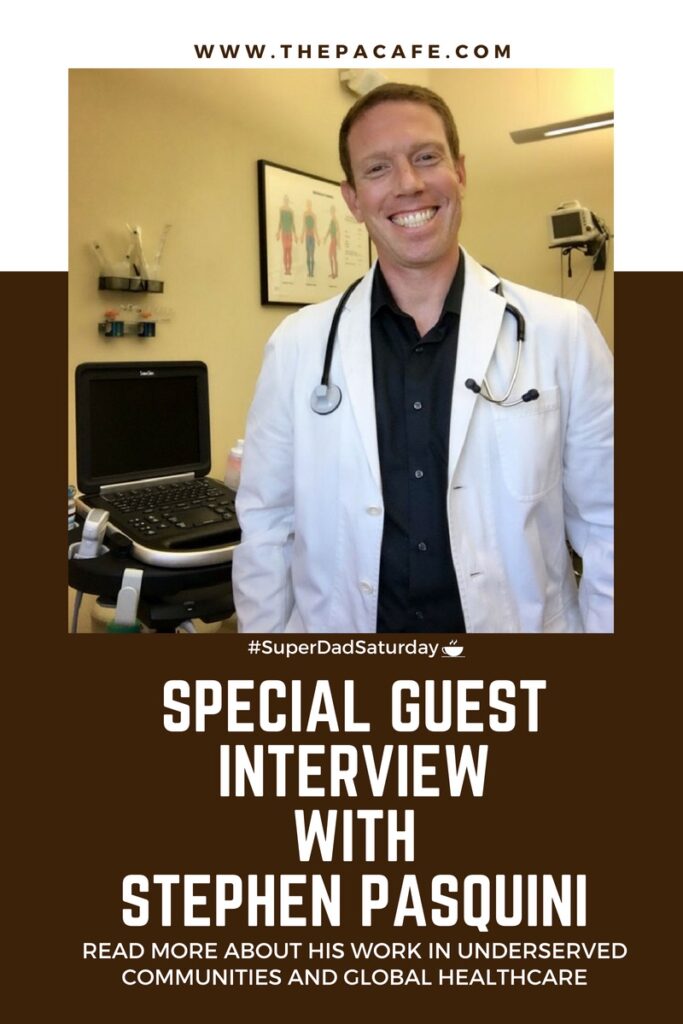
Tell me more about your medical mission’s trip work?
I have been on two medical mission trips as a PA both have been to the country of Haiti. My first trip was shortly after the earthquake in 2010. As you may recall, the country had been decimated by a 7.3 magnitude quake, villages were either leveled or under water and people lacked access to housing, clean drinking water, power and food. The quake displaced 1.5 million people. Makeshift camps sprung up to shelter them. The United Nations came and with them, a Cholera epidemic, which went on to claim an additional 300 + lives. This was a faith-based mission trip and we were supported by a local pastor and his son who was a family doctor in the capital of Port-au-Prince.
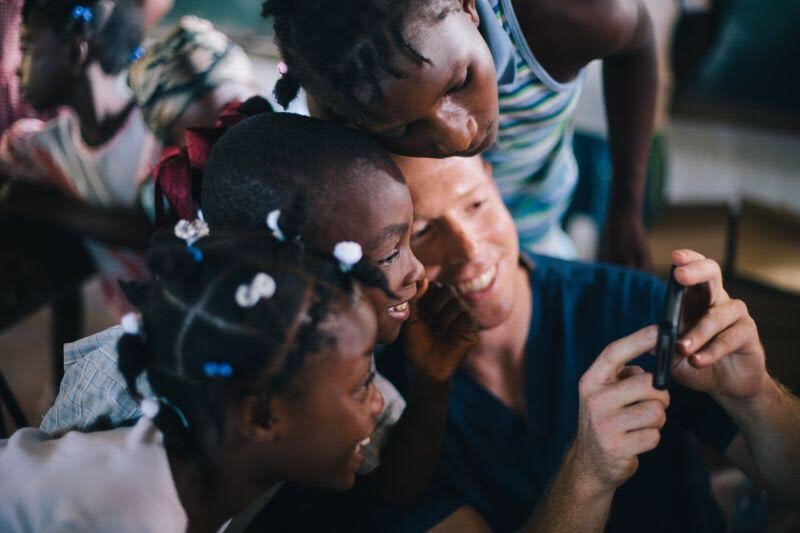
Because of these contacts we were able to purchase inexpensive medicine and supplies and we had access to a team of wonderful local translators. It is very difficult to bring supplies past security in the Haiti airport and if you are stopped you will likely have all your medicine taken from you or be asked to pay an exorbitant bride. We provided care both in Port-au-Prince and then traveled to remote villages on the outskirts of the city. These road trips into the countryside would last hours and the roads were often non-existent or had become a river bed. Our truck became stuck several times. I had no special training prior to these trips and this was my first time to a third world country. Once we started seeing patients, side by side with my team, my nerves quickly subsided. We worked with a two local doctors, a nurse, a dental assistant and several support staff who helped with setup, pharmacy, dental care, eye care and anything else they could. We had three local translators. The majority of what we treated was familiar – various skin infections, GI and GU infections, hypertension, diabetes, asthma, common colds, parasitic infections, foreign bodies, eye care, dental care and quite a bit of OB/GYN care. We were blessed to have a local obstetrician on our team who would see our new OB patient and make sure they had proper care and follow up after our short visit. Our trips were two weeks in duration, but trips can of course be longer or even shorter. We would see several hundreds of patients each day.
How did you become involved with International healthcare?
I have always been very interested in global health. When my good friend and classmate from PA school reached out to see if I was interested in being part of his churches inaugural medical mission team to Haiti, it was an absolute no-brainer. One of the big hurdles to international medical missions is taking a leap of faith and joining an organization with which you may not be familiar. Since there is often a significant upfront cost and you may not know people within the organization, this can be very scary. I know this is what stops many people from taking that crucial first step into providing International care. It was wonderful being one of two medical providers in a PA led team with fantastic people, several of whom are now dear friends. Although I consider myself a Christian and attended 12 years of Catholic school as a child, my religious convictions have certainly waxed and waned over the years. So, I will admit that I was a bit intimidated join a medical mission team as part of a church organization. But being part of a team that combined spirituality with a mission of healing was beautiful. And the experience brought such spiritual enrichment, joy and many close friendships. I returned the following year for a second trip, and I can’t wait to do it again.
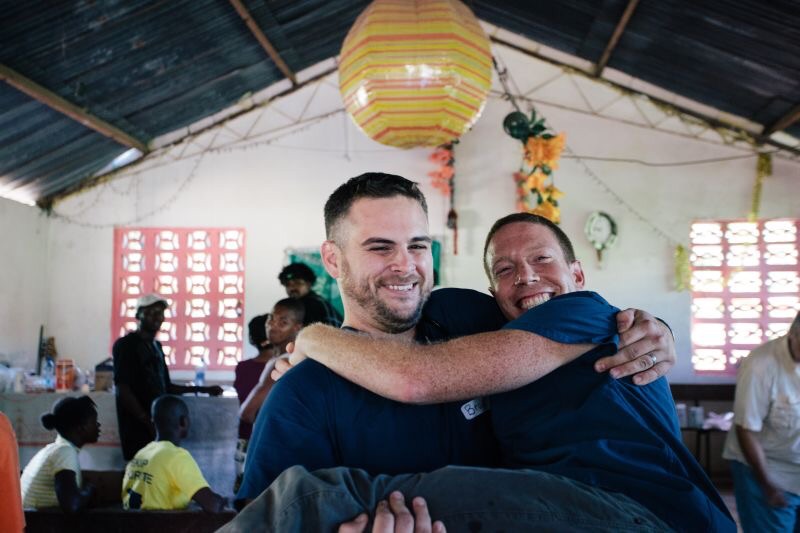
As a parent and a PA-C, how are you able to plan these trips around your schedule and responsibilities?
I have heard it said that “time comes to those that make it, not those who try to find it.” You must surround yourself with people who support and understand your mission, always work from a place of gratitude. Love, and abundance, then make serving others a priority. I work for a wonderful doctor and office manager who are willing to accommodate my schedule and I am blessed to have an amazing wife and family. I have also learned to ask for help, delegate tasks, and develop systems that allow things to function while I am away. As a family, we make it a priority to care for others as we care for ourselves. Life works best when we can put our passions and purpose into practice. Yes, this sometimes requires sacrifice. But it pales in comparison to those we choose to serve. From a place of gratitude, anything is possible.
Do you see yourself going on more trips in the future? If so, where would you like to go next and why?
I am looking into several options right now. One is starting a domestic street medicine program in my community funded as part of a charitable branch thepalife.com to provide a point of care medical outreach to high-risk individuals who live beneath the radar. There are several wonderful models of this being done effectively here in the United States, and this has been a goal of mine since I became a PA. The other is global outreach – likely in Africa. We have a good friend who has adopted three children from the Congo. It has been amazing to watch these children grow and thrive in our community.
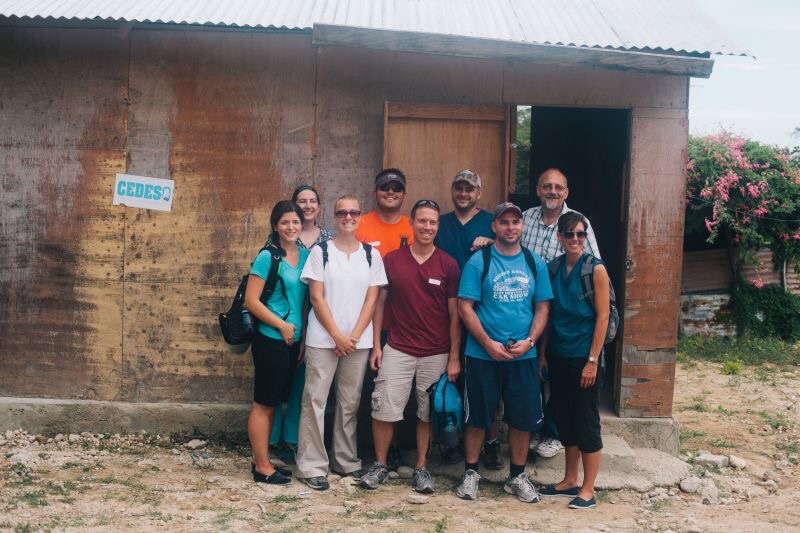
Children from this region and the orphanage from where they were adopted are abandoned because their families cannot care for them. They are fleeing violence, and the needs of their children are holding them back. Some of the “medical work” that needs to be done is simply feeding and nurturing done by people with medical expertise who can notice if/when the need escalates beyond that. My friend supports and helps manage the orphanage. I have also been looking into several already established projects in South America and Mexico. Ideally, I would like to take 1-2 medical trips each year.
What are the challenges that you often encounter when delivering healthcare internationally and how do you overcome them?
In his book Mountains Beyond Mountains written by Tracy Kidder about the life and work of doctor Paul Farmer he makes a statement that anybody with experience working overseas knows to be true: Most (if not all) of the medical problems you are likely to encounter in underdeveloped countries are the result of a lack of three necessities: a roof, clean water and access to food. Poverty is not the result of any incapacity on the part of the poor. Poverty is not created by poor people; it is created by the systems we have built. The institutions we have designed and the concepts we have formulated. You can have boxes and bags full of antibiotics, fluoride, breathing treatments anti-parasitic medication, and all the funding in the world, but until these bigger problems are solved many of our efforts can seem futile. The good news is that these problems are created by deficiencies in the systems we have built. So, they can be addressed by tackling these deficiencies head-on.
Would you ever consider being a full-time international provider? Why/why not?
I have always had the desire to provide care overseas for an extended period. I am hoping to make this a reality within the next 10-15 years. My wife is an RN with over 17 years of experience, and we have discussed taking our skills overseas for 1-2 years “stints.” I have been looking into programs such as Mercy Ships and Peace Corps since I was practically in diapers. I also believe we should be addressing these problems domestically. As my kids grow up and develop their sense of belonging and eagerness to serve I envision a day where we can work side by side.

Have your children ever been on a mission’s trip with you? If not, would you take them with you in the future – Why/Why not?
In 2015 my wife and children (at the time ages 4 and 6) left the United States along with our house, our car, and secure jobs and we traveled as a family for a year throughout many parts of Southeast Asia. We spent months in Cambodia, Vietnam, Malaysia, Borneo, Indonesia, and Thailand (among others). It was an amazing experience, one that brought us together as a family and provided a new lens through which to see the world. We had a life-altering event in Vietnam when my wife was hit by a moped while crossing at an intersection in Hoi An. She was knocked unconscious and transferred by the moped driver to a tiny nearby clinic where there were very limited services, and the only spoken language was Vietnamese. Through a series of events and a nightmarish three days in Da Nang, my wife was airlifted to Bangkok followed by a month of recovery. Our hospital stay was a pivotal moment in my life that changed the way I look at healthcare delivery. When you travel with your family, you must be prepared for the unexpected. Especially in places where emergency medical services are scant or non-existent – like most of the developing world. Do we plan on doing it again? Yes, absolutely!
How do you balance being a father and husband with a full-time career?
You need to combine living your passion with loving your family. By loving your family, you’ll have a support system that will help you to turn your dreams into a reality.
Advice/Guidance for a PA Student interested in international healthcare? PA-C interested in international healthcare?
There is a saying that I now have posted on the front page of my blog by Ralph Waldo Emerson it goes like this: “It is one of the most beautiful compensations of life, that no man can sincerely try to help another without helping himself.” There is no better way to describe the effects of international and “in your national,” healthcare. I think we all choose to be PAs because we are compassionate people. The root of the term “passion” means to “suffer,” and “compassion” means to “suffer with.” Compassion asks us to go where it hurts, to enter into places of pain, to share in brokenness, fear, confusion, and anguish… compassion means going directly to those people and places where suffering is most acute and building a home there.
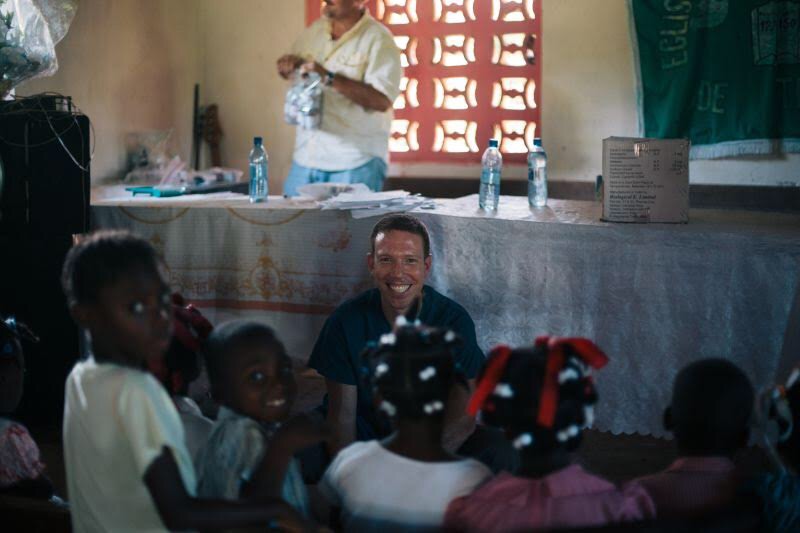
Compassion means full immersion in the condition of being human, and through compassion, our humanity grows into its fullness. I have let fear hold me back from compassion more than once. Inspiration is not something you must wait for, wish for, strive for, or arrange. It’s yours in your truth, in your love, in your desire to make a difference. There’s no better time to start than today.
Global Health Resources:
- pasforglobalhealth.com – PAGH was designated by the AAPA to handle the PA role in the international arena. They are the only PA organization of this type and are working to organize and centralize the PA profession and support individual PAs in their efforts.
- How to pay for medical mission trips as a boke Pre-PA– an article I wrote about finding and funding your next medical missions trip along with photos of our trip.
- Mountains Beyond Mountains – A must-read book for anyone interested in global health.
- The Practitioner’s Guide to Global Health – A wonderful FREE edX course.
- Global Health Delivery online short courses – Several world-class courses (some free and some not) offered through Harvard University.
- An Introduction to Global Health: Free online course offered through Coursera.
Read The PA Café featured article on The PA Life blog that covers being a single mom in PA School

